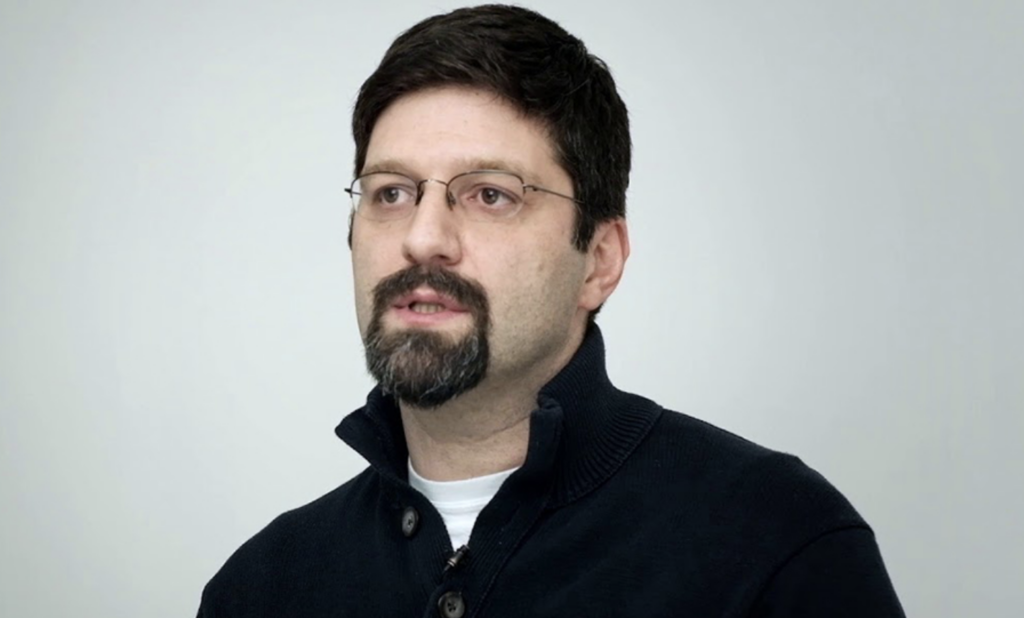Opinion: When education becomes a party project in Georgia
Georgia Education Reform
Former director of the National Centre for Curriculum and Assessment, Simon Janashia, has commented on Prime Minister Irakli Kobakhidze’s proposed education reform. Janashia said the ruling Georgian Dream party aims to strengthen political control over universities and schools through the reform.
According to him, the initiative is “a highly risky move” that could alienate even the party’s own supporters.
The expert believes that the planned changes in higher education are designed to restrict both funding and institutional autonomy of universities.
On 16 October 2025, Georgian Dream Prime Minister Irakli Kobakhidze announced a sweeping education reform in Georgia.
“The current education system does not meet modern challenges and standards. We must set an ambitious goal to ensure that students in Georgia receive the same quality of education as abroad,” the prime minister said.
Read more about the new education reform in our report.

Simon Janashia: “Georgian Dream realises that students and professors represent a force it cannot yet control. The government has no direct influence over them because universities retain a degree of autonomy. Only part of their funding comes from the state, which means the authorities cannot manipulate students and academics through financial pressure.”
Kobakhidze announced plans to replace the existing grant-based model with a state-funded system — meaning the government would decide which universities receive funding and which do not.
A key source of autonomy for state universities comes from admitting foreign students, who often pay ten times higher tuition fees. This revenue stream has been crucial to maintaining financial independence — and with that, academic freedom. “The more autonomous a university is, the more freedom its professors have to express their political views,” says Janashia.
According to him, Kobakhidze wants to ban state universities from admitting foreign students — effectively cutting off a major source of income and redistributing funds to private institutions. “The problem is that a large part of the [state] medical university’s income comes from foreign students. But since its administration is loyal to the ruling party, the government doesn’t see that as an issue. So Kobakhidze decided to allow exceptions — but only for those who serve the party’s interests.”
Janashia argues that such selective exceptions reveal the underlying intent of the reform: “If you serve the party, you’ll get an exception. But if you’re at Ilia University, where professors and students freely express their opinions and join protests, you’ll be stripped of funding and made dependent on the party’s goodwill.”
The reform also includes a proposal to ban duplicate faculties across public universities. This could have serious financial implications, as popular departments — such as business schools — are major revenue sources. “Under this system, only Tbilisi State University or the Technical University would be allowed to run a business programme. The rest would lose a large share of their income,” Janashia warns.
Another measure, he adds, is reducing bachelor’s degrees from four years to three — a change that would create “a financial crisis,” forcing universities to rely more heavily on state funding to survive.
The shift to an 11-year school system, meanwhile, would exclude around 50,000 politically active pupils from education. “These are young adults — the same people we’ve seen at protests. The state struggles to deal with them, especially since minors can’t easily be detained,” says Janashia.
He believes the elimination of the 12th grade will make studying abroad far more difficult. “The authorities openly say their goal is to keep as many young people as possible in Georgia — a goal justified by so-called patriotic motives.”
The same “patriotic” reasoning, Janashia adds, is used to argue that foreign students should be redirected to private universities. “It’s fairly obvious that the government’s interest in private universities stems from the fact that many of them are linked to decision-makers,” he says.
“For example, the Black Sea University was sold during the tenure of former Education Minister Giorgi Amilakhvari. There were even reports that he may have had a personal stake in the institution and was directly involved in its sale.”
It’s about hundreds of millions in profits that will go to private universities instead of public ones. This will inevitably weaken state institutions — despite claims by the reform’s authors to the contrary.
The shift to an 11-year secondary education system poses problems not only for those planning to study abroad but also within Georgia itself. The introduction of a 12-year system years ago was driven by the need to ease an overloaded curriculum and distribute subjects more evenly.
Another key argument back then was that the later students choose their profession, the more thoughtful and deliberate that choice becomes. The 12-year structure also gave rise to general education courses during the first year of university — helping students make a more informed decision before specialising from the second year onwards.
If one year is cut from the four-year bachelor’s programme, interest in these general courses will decline. Students will finish school earlier, choose their professions earlier, and begin specialising immediately — often without the maturity or perspective to make such a choice.
The foundation for developing professional skills lies in broad knowledge, which allows people to adapt and acquire new competencies throughout life. Stripping that foundation from young people will leave them with fewer opportunities to change professions or careers later on.
In short, what’s happening today can be summed up in one phrase: Georgian Dream wants people to study less — and for the education system to serve the party’s interests, not society’s.
Georgia Education Reform



















